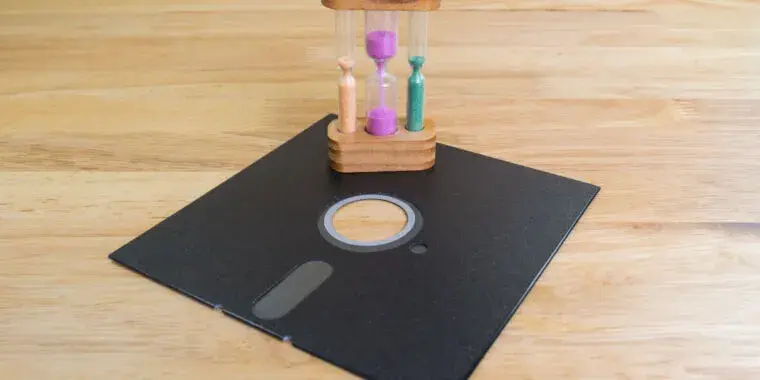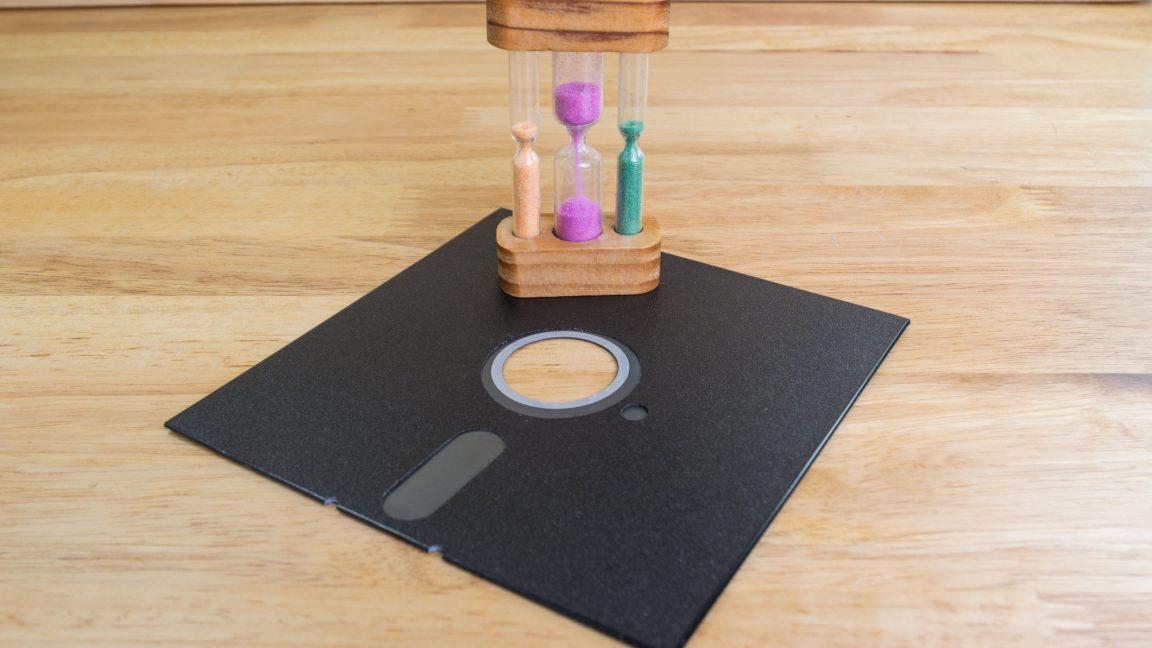5.25-inch floppy disks expected to help run San Francisco trains until 2030
5.25-inch floppy disks expected to help run San Francisco trains until 2030

arstechnica.com
5.25-inch floppy disks expected to help run San Francisco trains until 2030

"We have a technical debt that stretches back many decades."


